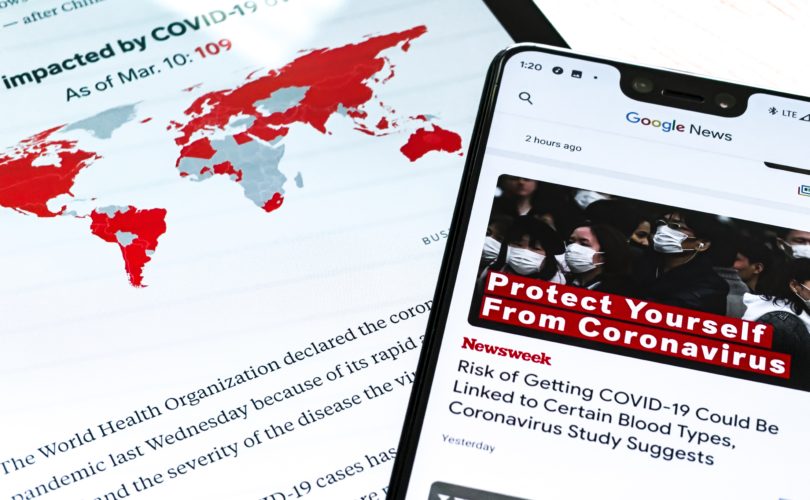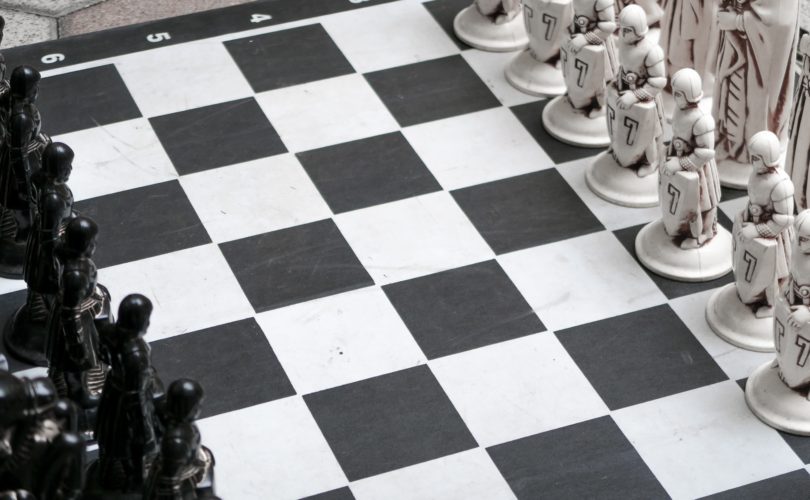Seldom are the things we’re anxious about actually what we’re anxious about. Yes, the thought of visiting you grandparent in the hospital, settling down with a particular partner, or “missing out” on life makes you anxious; but there’s a deeper more universal anxiety driving it. We call these existential or basic anxieties and understanding how they affect us can help us become more resilient.
In his hallmark text: Existential Psychotherapy, Irvin Yalom discusses 4 of these basic anxieties and discusses how they affect our mental health. I’m going to spend the next several posts talking about each one and how confronting it makes us more resilient.
Death anxiety: the elephant in the space between our ears
Perhaps the thing people spend the most time and energy protecting ourselves from is the fact that we are mortal. Our lives and bodies are finite and no amount of surgeries, fitness plans, dietary adjustments, or Instagram filters will change that fact.
We build virtual selves, empires of accomplishment to make our names known, and fill every waking moment with busyness. And generally speaking, it’s not until the panic attacks start or some life crises forces us to confront it, that we slow down enough to confront it.
How we manage death and limitation
There are really two ways that we bury our head in the sand when we don’t want to confront our own finiteness:
Denial
The first is obvious. It’s most typified in the person who amasses great wealth and prestige, seeking symbolic immortality through their accomplishments. Another way that we avoid encountering death anxiety is by building a facade of ultimate uniqueness and specialness. We live as if the rules and restrictions of life simply do not apply to us. I’ve also seen this in people who stay stuck living in what they consider their heyday. We strive to appear as if we’re not aging and imagine a version of ourselves that has long since passed, trying desperately to re-embody it.
The great escape
When we aren’t in denial of our mortality, we can rest in the idea that we will somehow not be forced to confront it. I’m a religious person and Yalom and I would disagree on matters of faith and spirituality I think, but I do have to admit that I have seen religious belief used in this way.
Even for those of us who believe that there is life after this, that ought not keep us from confronting the hard reality that we live now in a world where things die. Including us. My faith personally gives me space to pause and reflect on my finiteness, perhaps even celebrate it as I’ve written about before. It should’t be a hiding place and a blindfold to the reality of my state.
An emerging way that this is occurring in our culture is through trans-humanism: the belief that through technology we can evolve beyond our human frailties and limitations. Science it seems, has become what some have from the position of “reason”, criticized religion for.
Life anxiety: the other side of death anxiety
Another interesting feature of death anxiety that I personally encounter quite a bit in my own work as a therapist is the terror of being responsible for the life one has given its limitation. This subject bleeds into a future post on freedom and responsibility as core anxieties but it connects here as well. When we stare our mortality and limitation in the face, we are at once charged to do something with what remains before us: our lives.
The person in the grip of this anxiety takes no chances and every precaution. They remain paralyzed by the dangers and risks “out there” or the weight of the responsibility of showing up completely in their own lives. Sometimes it is not just death that terrifies us, but what we must do with our own lives in light of it.
Encountering death/limitation
he scariest thing about any anxiety is slowing down enough to realize that it will not be resolved with some cheap pat answer. To give it space. Acknowledge it. Accept it. Be with it.
Our finiteness is not only something that we should really embrace, we should celebrate it. Finiteness lends value to what is there in front of us. Consider this: if I told you you could own as many homes as you wanted, no price or location is off limits, how many might you eventually own. How long would it take for you to become familiar enough with the one to move on to the next.
Now imagine I told you that you can have ONE home. No price or location is off limits but you will remain in this home for the rest of your life. How would you choose? What things would you consider differently and how thoughtful might you be?
Like I said in the post on self-care, finiteness invites us into a sense of value and meaning with how we invest ourselves and our time. We have only so much life and the gift of fully living it.
Resilience is being able to sit with this truth long enough for the truly important questions to emerge. It’s answering those questions with how we will show up in our lives within the givens of existence. Awe and meaning are cultivated when we get beneath the surface to the core anxieties undergirding the anxieties that plague our culture.

